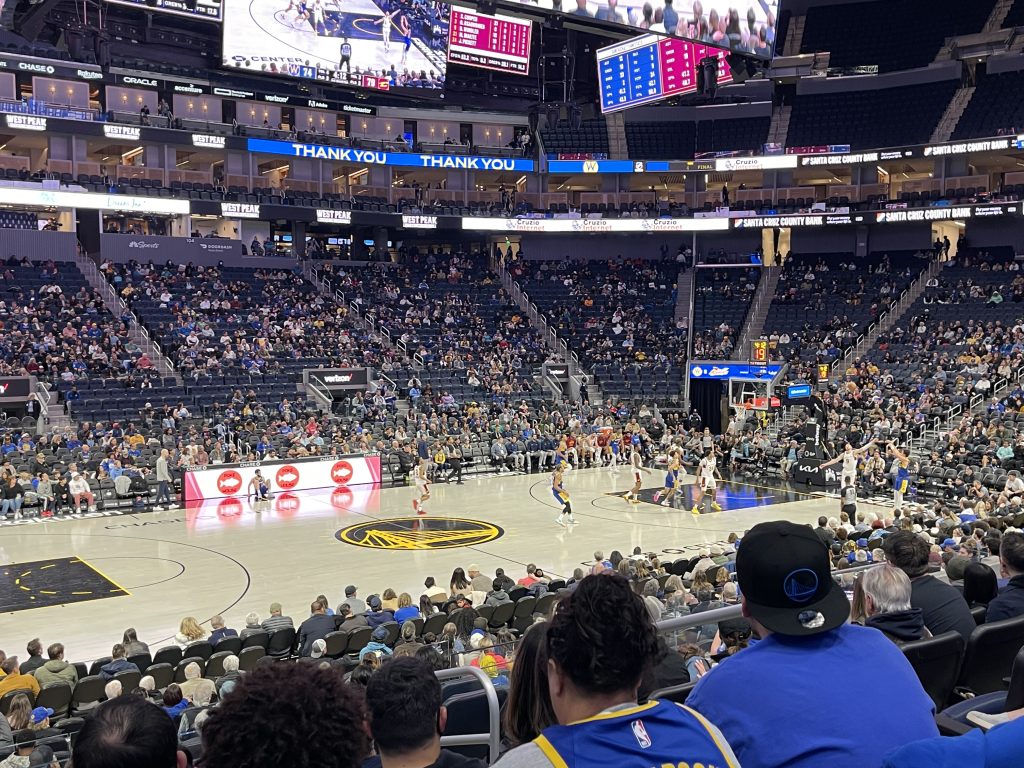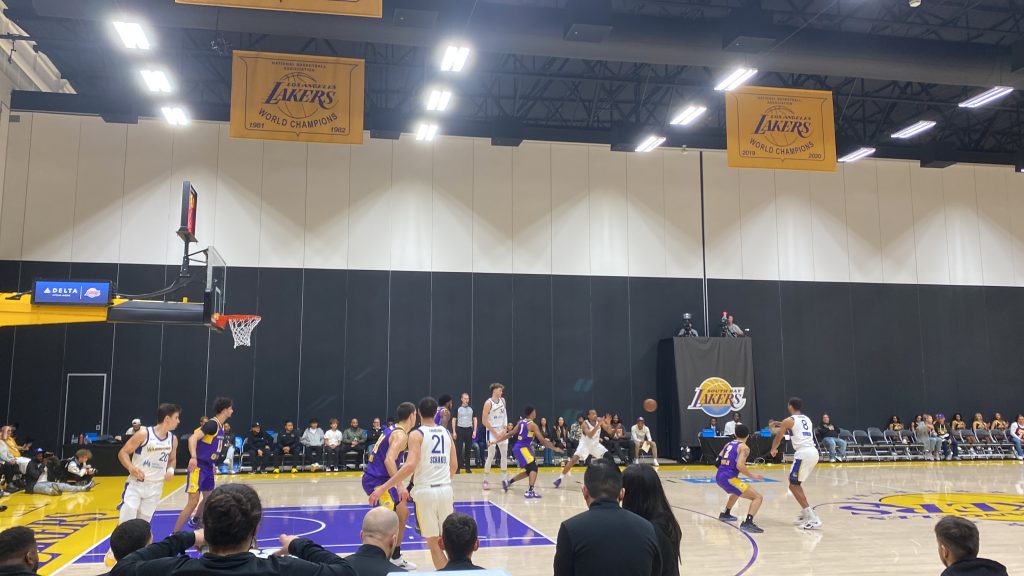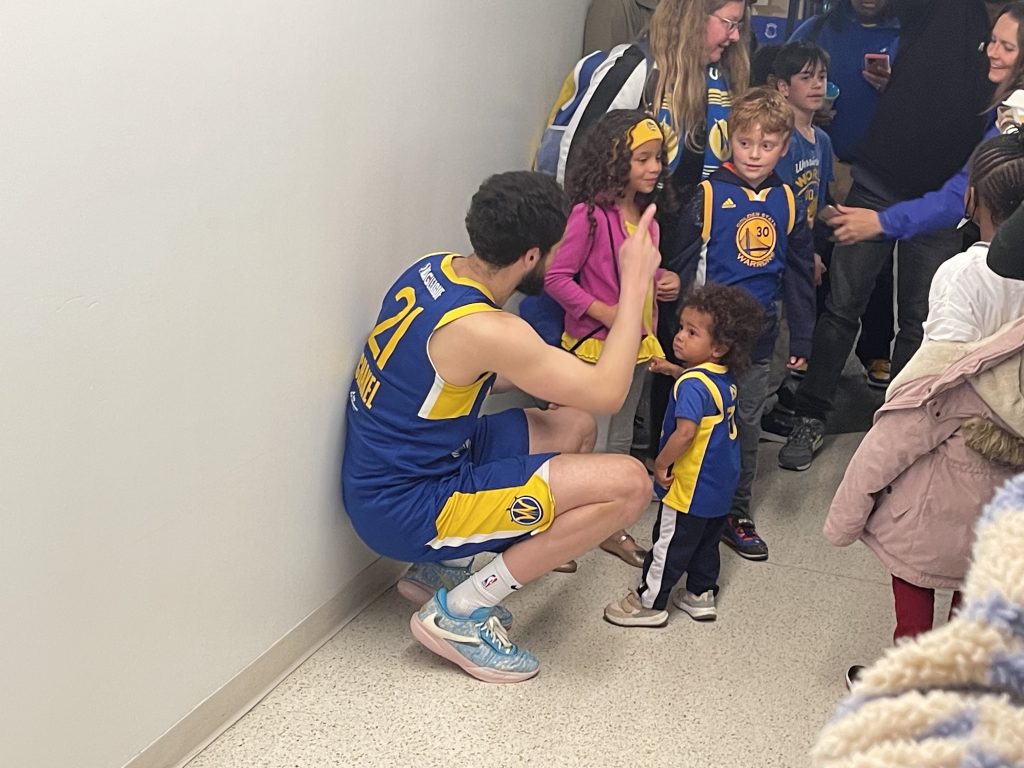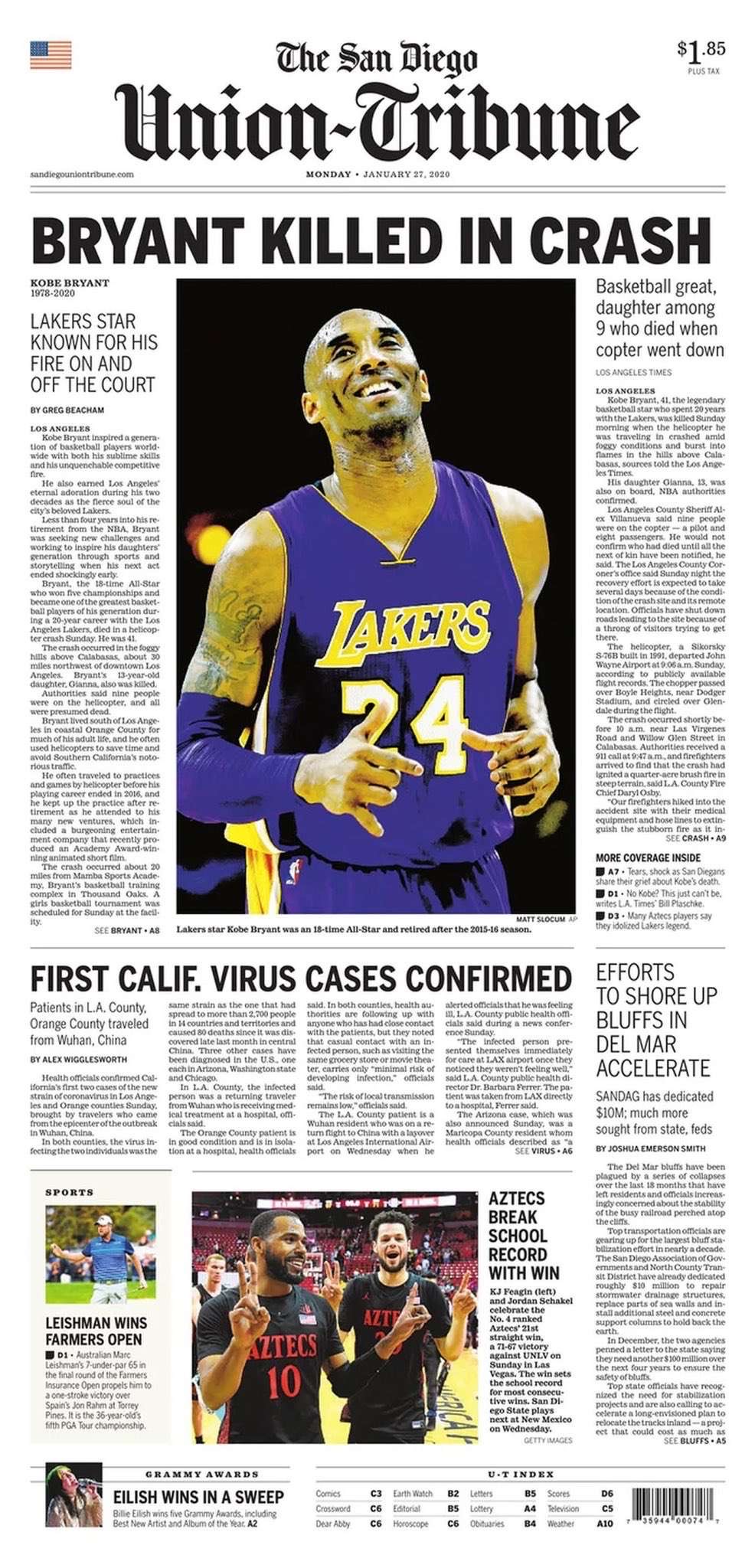On July 29, 2021, Jordan Schakel sat in the living room of his childhood home in Rancho Palos Verdes, California. Surrounded by his family and friends, the former San Diego State forward watched the 2021 NBA Draft unfold on the television screen, hoping to hear his name called.
The draft came and went, and Schakel’s name was never called. But 30 minutes later, his phone rang. It was his agent, and she had news: the Golden State Warriors wanted him. And so Jordan Schakel began his professional basketball career playing Summer League with his fellow rookies for the Warriors.
Following the 2021 Summer League, Schakel joined the Washington Wizards’ G League affiliate, the Capital City Go-Go. For a year and a half, Schakel played with the capital’s NBA minor league team, being called up to play for the Wizards twice in that time frame.

In December 2021, Schakel was called up for the first time on a 10-day contract due to several Wizards players contracting COVID-19. At the time, Schakel was already making a name for himself in the G League, leading all players in made threes with 44 in just 14 games.
“The first time I got called up, I remember that I went 0-for-6 and I didn’t score. But I was aggressive and I got my mistakes out of the way,” Schakel said. “I’m appreciative of that time because I got to get in the game and make a lot of mistakes and learn from them and have opportunities that a lot of guys don’t ever get. And that allowed me to be more confident when I got called up the second time.”
Ten months later in September 2022, Schakel traveled to Japan with the Wizards for a preseason tournament. In his 16 minutes of playtime in one game, Schakel reached “a milestone,” scoring 10 points against the Warriors.
However, since then, Schakel has not made an appearance for the Wizards, and now he competes for a new team. On January 11, 2023, Schakel was traded across the country to the Santa Cruz Warriors, the Golden State Warriors’ G League affiliate.

In Santa Cruz, Schakel’s routine has become a much more familiar one to a California native. He lifts before noon practice, does optional shooting after, then has a slower day full of free time. Schakel tries to spend his time reading, sitting by the water and hanging out with friends. Above all, Schakel prioritizes mental wellness, with breathing exercises, meditation and journaling to combat the fast-paced and unpredictable lifestyle that comes with being a G League player.
“It can become exhausting. You’ve got to monitor your mental health at every step of the way. I think that’s why a lot of guys are talking about their mental health now in sports, because you can tend to feel like you’re just another number,” Schakel said. “You’re just a moving piece in the organization where they can move you around. That’s just part of the business.”
While many NBA players speak out on mental health and experience the tumultuous nature of the sport with multiple games each week and constant traveling, the G League is unique. The end goal of all players is to get noticed and to get called up to the NBA, thus creating a hyper-competitive environment.
“It’s the most selfish league in the world. And that’s just a fact. That’s just the nature of it,” Schakel said. “Sometimes you can get lucky and sometimes you could be on a team where the culture is just more selfless. More often than not, those are the teams that get guys called up and that have more success, which makes sense.”
Schakel has gotten lucky, he said. The teams he has played for have not had the every-man-for-himself mentality — his team even made it to the playoffs in his first year with the Go-Go. Even still, he has witnessed the cut throat competition that comes with being in a developmental league.
“I’ve never been on a team where the chemistry was so bad that there was fighting constantly, but once you step on the floor, you kind of know which guys are going to shoot it every time and which guys aren’t even going to look to pass,” Schakel said. “You kind of have to adapt to that because that’s just the nature of the G League. Everybody has to perform and everybody has to play for themselves. Everybody doesn’t want to stay in the G League their whole career.”
But to Schakel, his situation is more important to him than his professional status.
“I hope that I make it back to the NBA, but I hope that wherever I’m at, it’s a good situation and that I’m having fun with it,” Schakel said. “The situation matters to me more now than anything, because that can make or break your experience in whatever city you’re in. And you can be miserable in the NBA and you can be happy in the G League.”
Schakel has certainly experienced both ends of the spectrum in his two years of professional basketball.
“It’s a pretty wild roller coaster emotionally and you just have to be ready for that,” Schakel said. “There’s a lot of highs that you won’t experience anywhere else, and there’s a lot of lows that you won’t experience anywhere else.”

At age 24, Schakel has already had some of the highest highs that young hoopers dream of. The former two-time high school state champion at Bishop Montgomery went on to compete in March Madness three times, play in the G League for two seasons and get called up to the NBA three times. Before even playing a minute of college ball, Schakel played in front of a sold out college arena as a senior in high school. In an upset over Sierra Canyon at Galen Center, Schakel hit three consecutive three pointers in the fourth quarter, which “produced so much noise from the crowd that to this day, his coach can still hear his team’s fans.” This team went on to win the CIF-SS Open Division title and the State Open Division title.
Schakel often thinks back to his third grade self who got his start playing in the Friends of Richard league, colloquially known as Asian League, and reflects on how he’s playing the sport he’s always loved for a living.
“I just remember the kid that was dreaming of playing in the NBA — watching Kobe, watching Dwayne Wade, watching those guys on the TV and just seeing how cool that was and how cool it would be if I could end up playing on that court,” Schakel said. “I just remember how much hard work that it took for me to get here and how fortunate I am to have the opportunity to do this every day. It doesn’t feel like a job most of the time.”

After playing basketball, Schakel hopes to branch out beyond the sport, a challenging endeavor for lifelong ball players. With his business degree from San Diego State, Schakel wants to work in business — perhaps even becoming an entrepreneur someday.
“I haven’t seen a lot of basketball players do anything other than sports, but when I’m done, I hope I’m going to be doing something other than sports. I think there’s a lot more that we can do than just sports,” Schakel said. “I think Kobe did a really good job of showing that you can do awesome things when you’re done playing basketball and not look back.”


No matter where Schakel ends up next, he is confident that he will make an impact greater than himself — whether that’s on or off the basketball court.
“Whenever it is that it stops, I’ll look back and be like, I took full advantage of the opportunities that I was given and have no regrets,” Schakel said of his career.